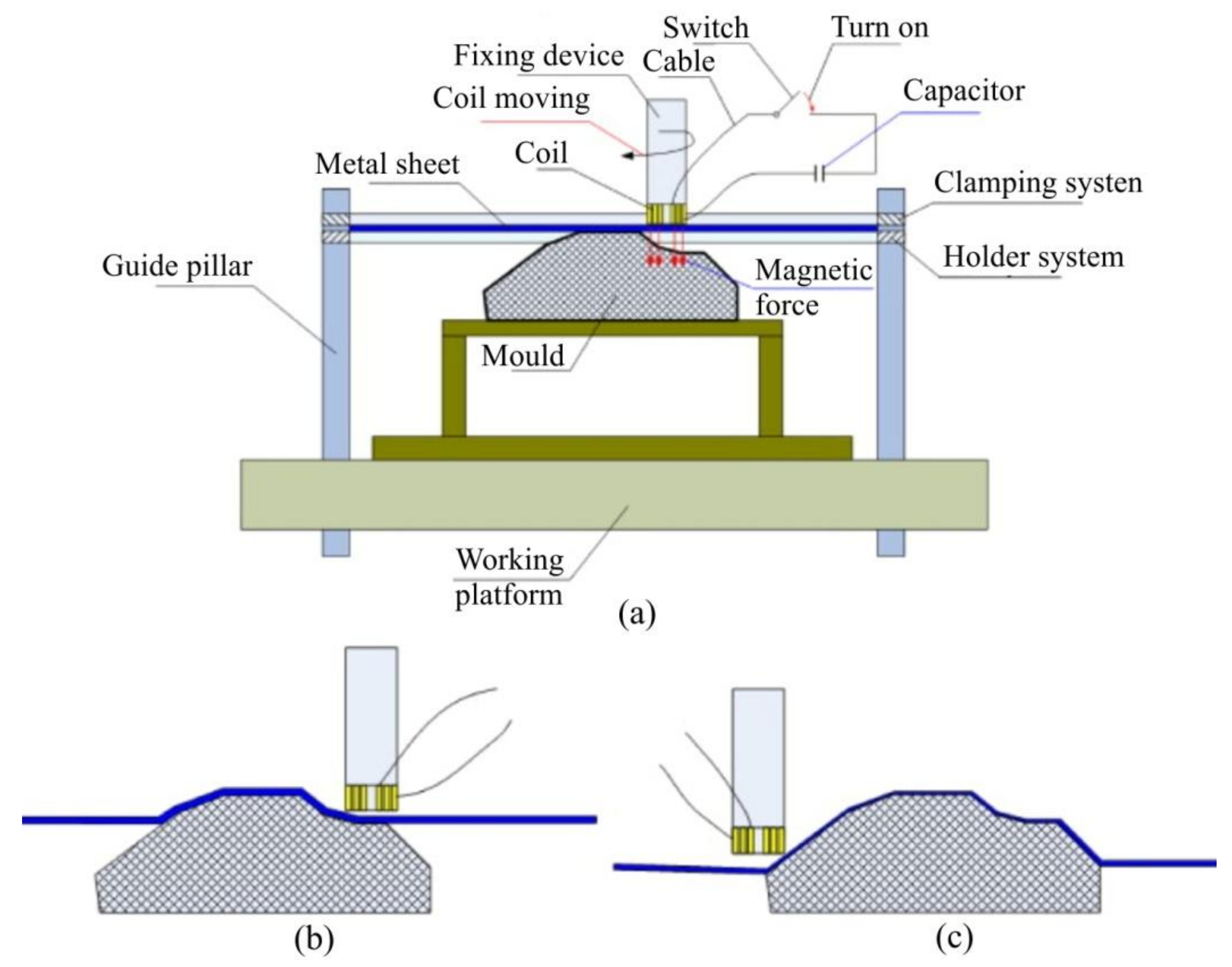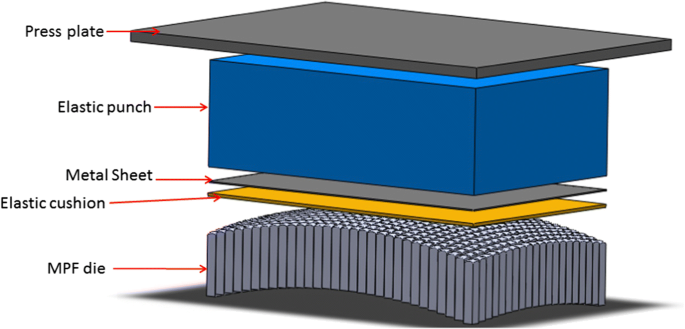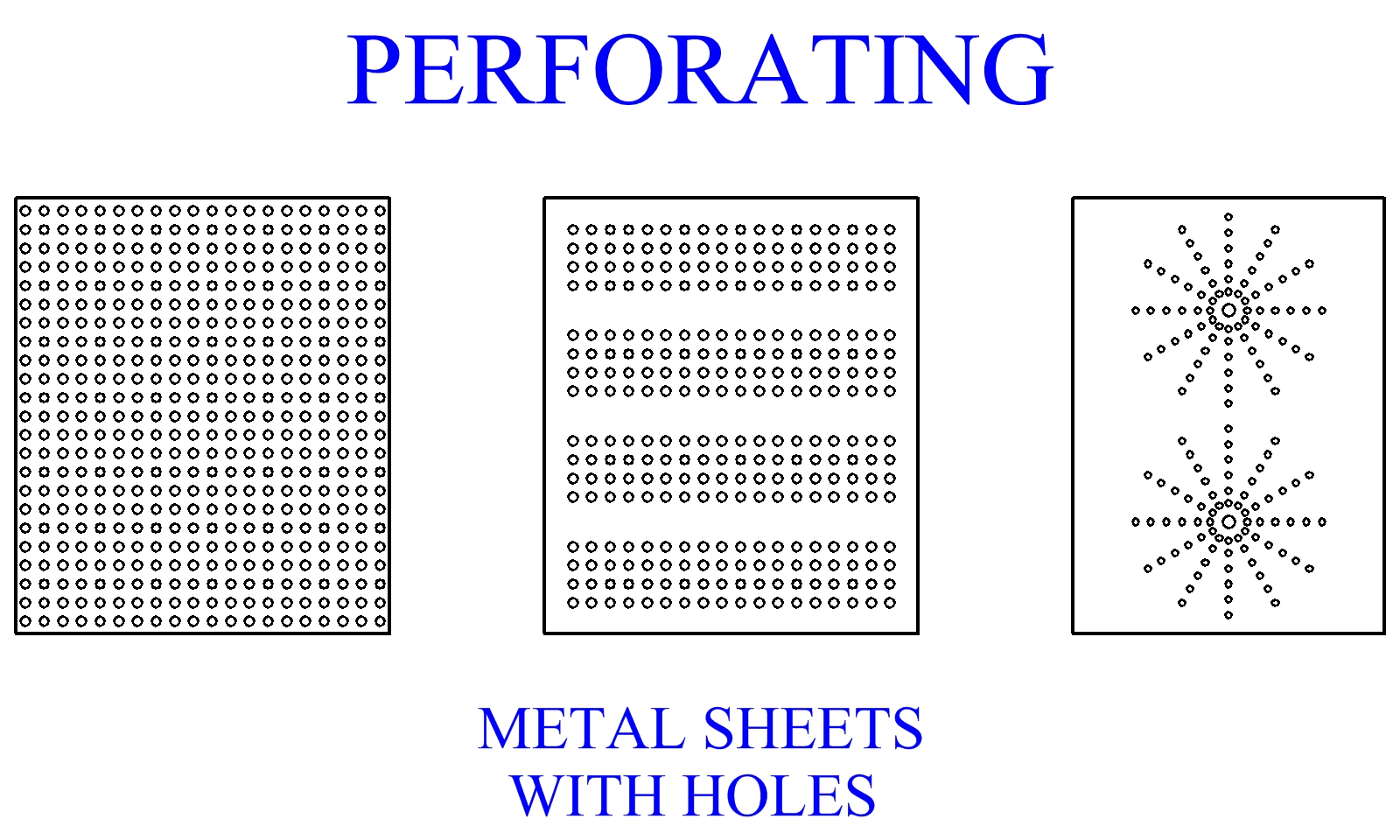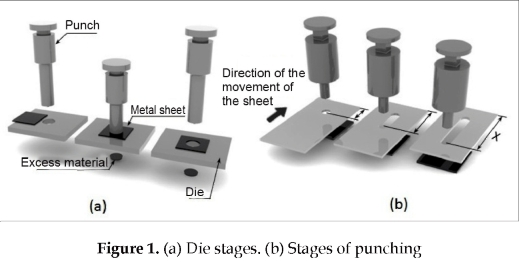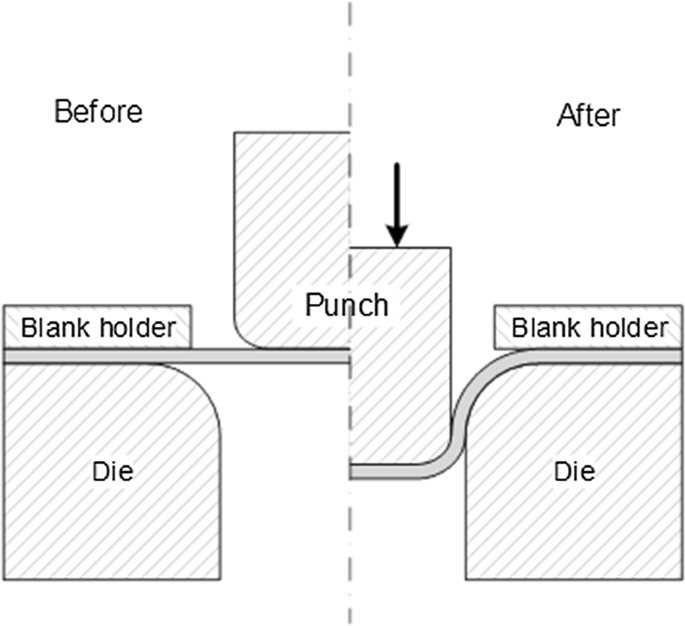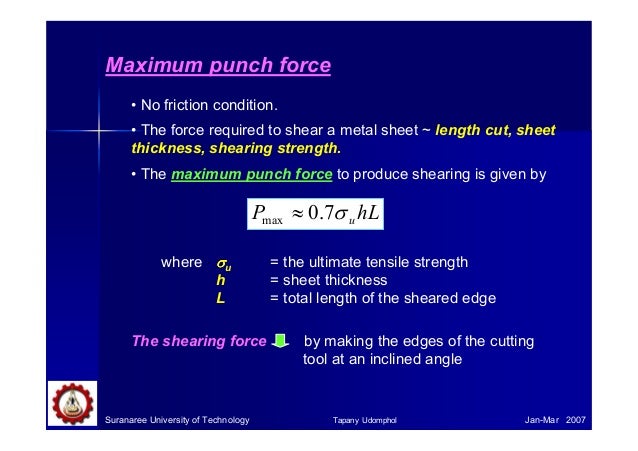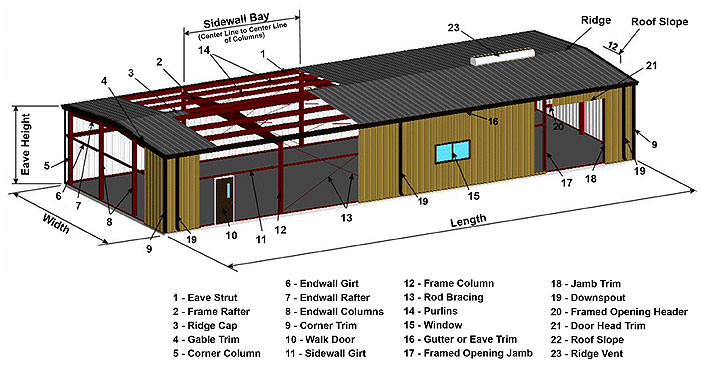Sheet metal gauge size chart gauge or gage sizes are numbers that indicate the thickness of a piece of sheet metal with a higher number referring to a thinner sheet.
A large metal sheet of thickness l displaced between.
What is now the net capacitance in terms of a d and l.
X 36 the md building products 36 in.
Sheet is measured in gauges.
Mill aluminum union jack style perforated sheet metal offers a decorative way to complete your hvac door window hobby and cabinet projects.
If l 0 55 d what factor does the capacitance change when the sheet is inserted.
Plain metal sheets of architectural quality vary in thickness between 025 60 mm and 124 3 mm.
It can be purchased online and at any metal supermarkets location.
Sheets are used in a variety of industries for repairs and maintenance and are typically less than 3 16 thick.
The starting material for sheet and plate production is slabs metal blocks.
The md building products 36 in.
It is easy to work with and very attractive in the home.
The distance btw each plate and the sheet is dprime l 2 where dprime is the distance.
Item 168753 model 11786.
These are driven between rolls with increasingly closer distance between the rolls until the required thickness is achieved.
A large copper sheet of thickness l is inserted between the plates of a parallel plate capacitor.
The large gradient along the thickness direction generates the plastic strains which produces the bending of the metal sheet.
A large metal sheet of thickness l is placed between and parallel to the plates of the parallel plate capacitor of the figure.
Thickness that is more than 6mm or 0 25 inches is called plates.
The equivalent thicknesses differ for each gauge size standard which were developed based on the weight of the sheet for a given material.
The customary range gauge of a metal sheet is from a scale of 35 going down to 6.
Hillman 12 in x 24 in cold rolled steel expanded sheet metal.
It can also be seen that the counter bending of about 1 5 occurs at time 1 s.
The sheet features a union jack style perforated design.
If the intended metal facing has formed edges the overall standard blank size should always fall within the above dimensions.
Figure 4 4 shows a large temperature difference between the top and bottom surfaces of the sheet.
Nevertheless in some situations sheet metal s thickness can vary significantly which is then called foil or leaf.
It does not touch the plates and extends beyond their edges.
